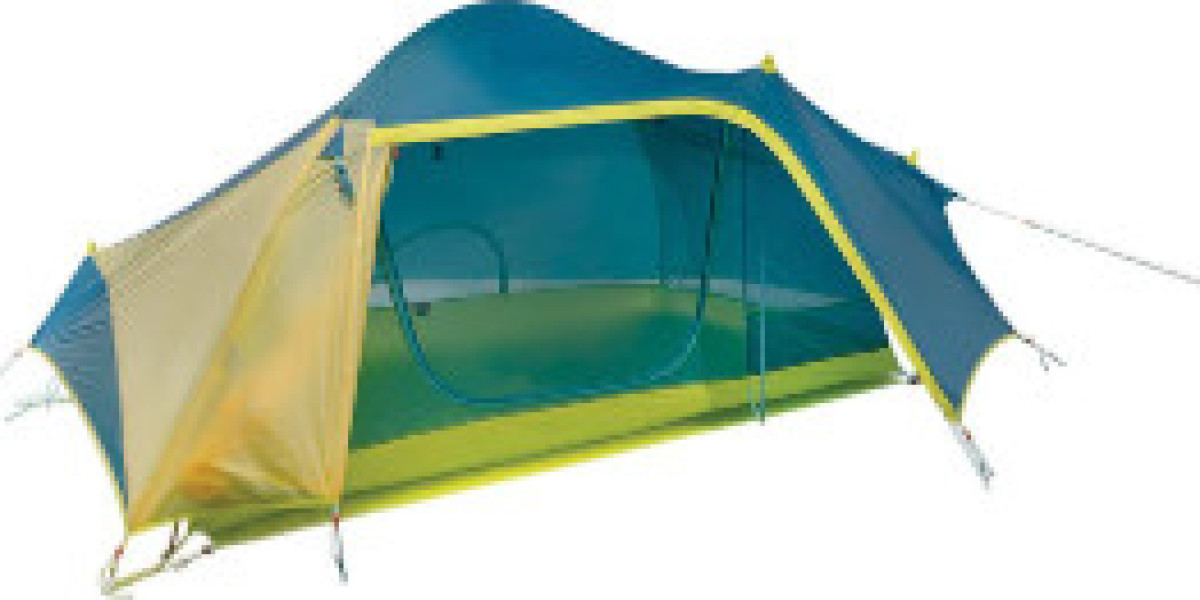When it comes to outdoor adventures, tents are a must-have. Whether you're heading into the wilderness for a weekend getaway or planning a backyard camping night, the right tent makes all the difference. With so many options available, it can be hard to know where to start. This article breaks down everything you need to know about tents so you can make the best choice for your next trip.
What Is a Tent?
A tent is a portable shelter made from fabric or other materials supported by poles and ropes. It's designed to protect you from the elements while sleeping outdoors. People use tents for camping, hiking, festivals, and even emergency situations.
Types of Tents
There are several different types of tents available, each with a specific purpose:
1. Dome Tents
Easy to set up
Great for small groups
Stable in wind
2. Cabin Tents
Spacious and tall
Ideal for families
Often come with dividers and windows
3. Tunnel Tents
Long and curved
Good space-to-weight ratio
Best for larger groups
4. Backpacking Tents
Lightweight and compact
Designed for easy carrying
Best for hiking or solo camping
5. Pop-Up Tents
Quick and easy setup
Best for casual use or festivals
Not great in heavy wind or rain
Materials Used in Tents
The material of a tent affects its durability, weight, and weather resistance. Common tent materials include:
Nylon: Lightweight, popular for backpacking tents
Polyester: UV-resistant and water-resistant
Canvas: Heavy but long-lasting and breathable
The poles are usually made from:
Aluminum: Strong and lightweight
Fiberglass: Affordable but less durable
How to Choose the Right Tent
Here are a few tips to help you choose the best tent:
1. Consider Capacity
Think about how many people will use the tent. A "2-person" tent is usually snug for two adults with little extra space.
2. Look at the Season Rating
2-season: Good for summer and mild conditions
3-season: Handles spring, summer, and fall
4-season: Built for winter and extreme conditions
3. Check the Weight
If you're hiking or backpacking, you’ll want something light and compact.
4. Ease of Setup
Some tents are easier to assemble than others. Beginners may prefer pop-up or dome tents.
5. Ventilation and Weatherproofing
Look for tents with mesh windows, rainfly covers, and sealed seams to keep you dry and comfortable.
Tips for Using Your Tent
Practice setting it up before your trip
Always use a groundsheet to protect the bottom
Ventilate properly to avoid condensation
Store it dry to prevent mold and mildew
Affordable Tent Options for Beginners
If you're new to camping, you don't need to spend a fortune. Here are a few great tent brands that offer value and quality:
Coleman
ALPS Mountaineering
Core Equipment
Ozark Trail
Most of these brands have tents under $100 that are perfect for occasional use.
Final Thoughts
Whether you’re a beginner camper or an outdoor enthusiast, having the right tent can turn a good trip into a great one. Consider your needs, the type of trip you're planning, and the weather conditions. With so many affordable and reliable tents on the market, there's never been a better time to start exploring the great outdoors.



